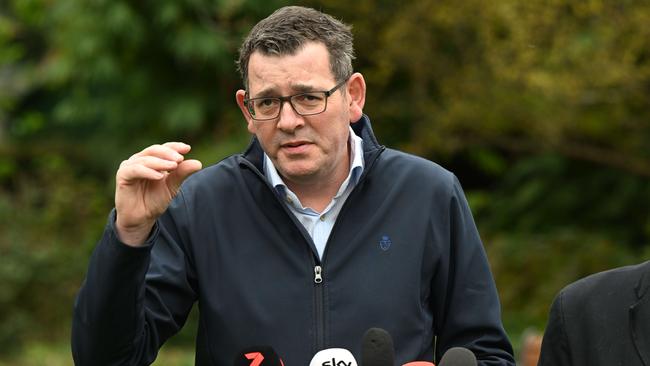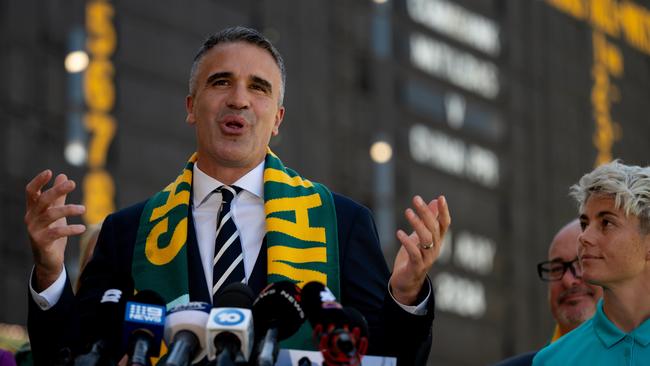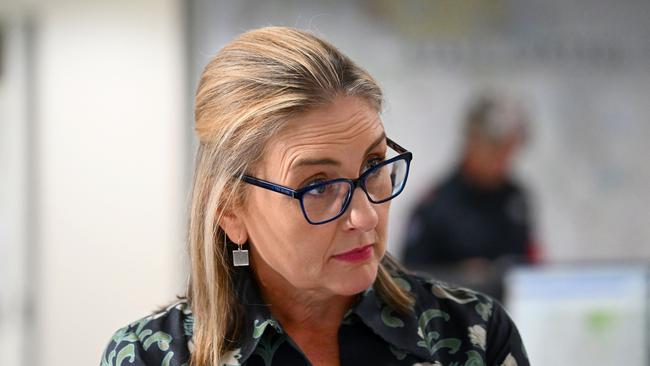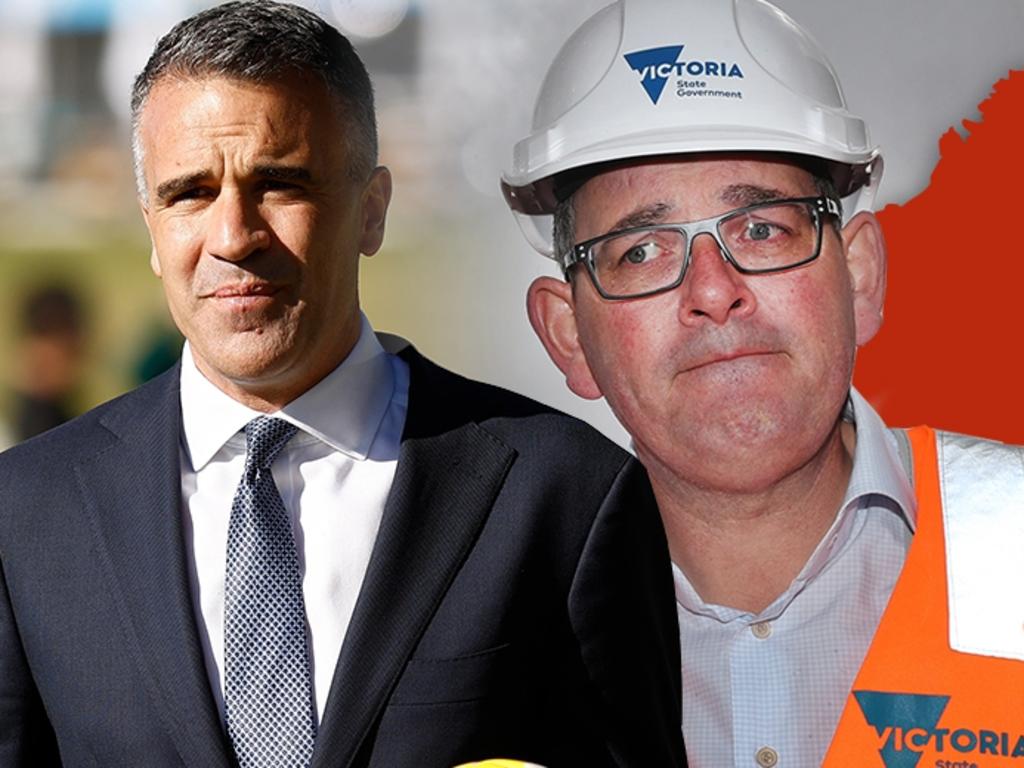
When they found themselves subjected to weeks on end of homeschooling, 5km radius travel restrictions and 8pm curfews just weeks later, many Victorians could think of plenty of reasons they may not have minded being on the other side of the Mallee.
Almost four years later, the state’s business community is again asking itself whether Victoria really is “the place to be”, and the SA government is more than happy to capitalise on their concerns, running targeted advertising aimed at luring them over the border.
SA’s Peter Malinauskas may be a Labor Premier but he has been keen to highlight the distinction between his state, which believes “gas has a role to play” in the transition to net-zero carbon emissions, and Victoria, which has banned gas connections to new homes.
His Treasurer, Stephen Mullighan, went a step further in an interview with The Australian published on Monday, declaring that “banning gas makes no sense, especially when the alternative is to use electricity that is generated by dirty brown coal”, which is the current reality in Victoria, where brown coal still provides 60 per cent of the state’s electricity.
The pair have also courted comparisons between their state and its eastern neighbour when it comes to state taxes, having pointedly handed down a low-taxing 2023 state budget and launched an advertising campaign to attract investment from Victoria, weeks after that state used its own budget to foist $8.6bn of “temporary” levies upon businesses in the form of the decade-long “Covid debt levy”.

For Jon Seeley, managing director of Australia’s largest gas heating manufacturer Seeley International, what he terms the Victorian government’s “inexcusable anti-gas obsession” was the nail in the coffin for the company’s Albury factory, which had been located on the NSW-Victorian border to offer easy access to markets in both states.
With the Victorian market for new gas heaters now largely destroyed, the company last week announced it would close the Albury factory, which employs approximately 85 permanent and 40 casual staff members, at the end of 2025, and consolidate the business at its Adelaide HQ.
Prominent toilet paper and tissue manufacturer Sorbent made a similar decision last year, with parent company Asian Pulp & Paper citing “the challenging macro-economic environment, including unsustainable energy costs, among others” for its decision to halve its production workforce at the Box Hill manufacturing facility in Melbourne’s east, shifting some manufacturing of their brands offshore and moving equipment to Indonesia.
As Victorian Chamber of Commerce and Industry chief executive Paul Guerra put it: “If the (Victorian) government cannot guarantee the lights remain on in this state, then I can guarantee that many businesses will find places other than Victoria to set up.”
“There are a number of businesses that are talking about downsizing their operations in Victoria, and increasing their staff levels in other states,” Guerra added.

The Allan government is correct to point out that Victoria subsidised South Australia through the GST system to the tune of $670m last year.
But that figure pales in comparison with the $11.7bn blowout in state debt the Victorian government was forced to reveal on Friday, let alone the total of $126bn.
Amid a forecast from global ratings agency S&P of that figure reaching $247.2bn by 2027, and dark economic clouds on the horizon, there are doubts over whether Victoria will continue to be in a position to provide such subsidies.
With lower taxes and a more sensible approach to energy policy, not to mention a lack of traffic, affordable houses, world-class restaurants, wine regions and beaches, and a cricket ground that – while not the MCG – is unquestionably one of the world’s most picturesque, it’s not hard to see why SA will be an attractive proposition for some businesses and their workers.
The reality is that if the Allan government does not drastically change course soon, many will be feeling as they did during those lockdowns and wanting to move anywhere but here – whether it’s to Adelaide, Sydney, Brisbane, or indeed overseas, causing irreversible damage to Victoria.








In June 2020, as South Australia locked Victorians out ahead of the longest of the eastern state’s six Covid lockdowns, then premier Daniel Andrews quipped: “I don’t want to be offensive to South Australians, but why would you want to go there?”